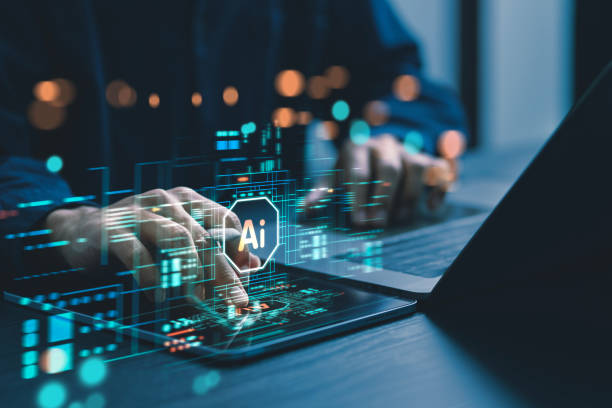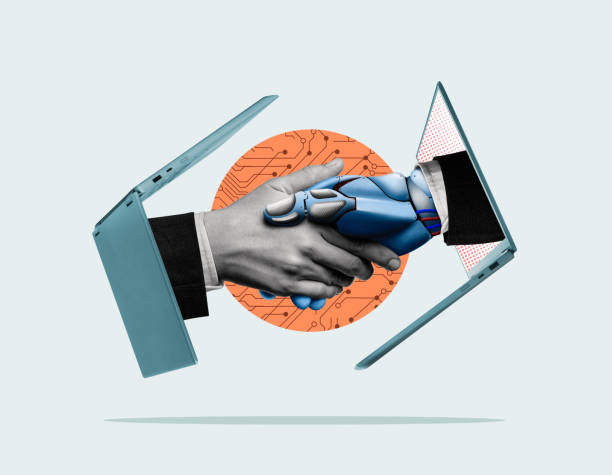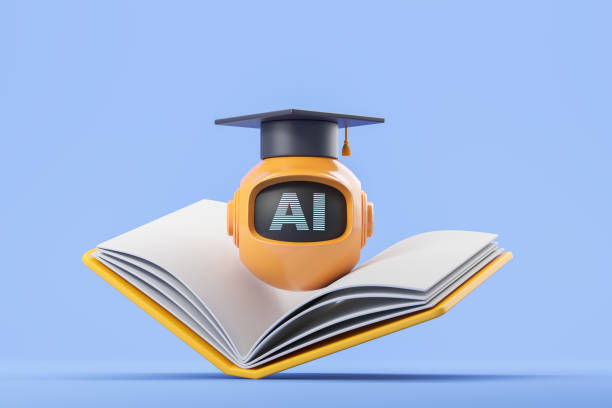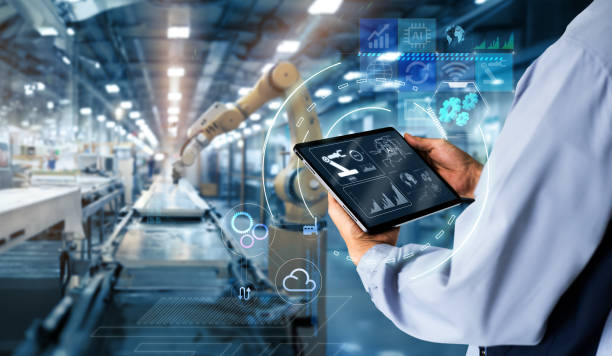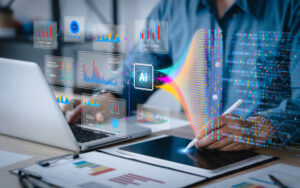Artificial Intelligence powers personal assistants like Siri and Alexa, helping with tasks from setting reminders to answering questions instantly. These assistants are becoming smarter, understanding natural language better every day. Their convenience saves time and improves productivity in homes worldwide.
With AI integration, personal assistants can learn user preferences, tailoring suggestions and automating daily routines. From managing calendars to controlling smart home devices, AI enhances efficiency and simplifies complex activities effortlessly.
The ability of AI to continuously update and adapt makes these assistants indispensable. They reduce friction in communication, provide useful information promptly, and create a seamless interaction between humans and technology.
2. AI in Healthcare
Artificial Intelligence supports doctors by analyzing medical data quickly and accurately. It helps detect diseases early, improving treatment success rates and patient outcomes. AI-driven diagnostic tools can identify conditions such as cancer and heart disease with greater precision.
AI also powers wearable health devices that monitor vital signs in real-time. This continuous monitoring allows for early intervention, personalized care, and better chronic disease management, helping people lead healthier lives.
Additionally, AI-driven robots assist in surgeries, enhancing precision and reducing human error. Healthcare providers are using AI for drug discovery, speeding up the development of new medicines and therapies.
3. AI in Education
AI enables personalized learning experiences by adapting content to individual students’ needs. Intelligent tutoring systems can identify knowledge gaps and adjust difficulty levels, helping learners progress at their own pace with tailored support.
Virtual classrooms powered by AI facilitate remote learning, making education accessible globally. AI-driven platforms provide instant feedback and automate administrative tasks, allowing teachers to focus more on student engagement and creativity.
AI also supports language translation and speech recognition, breaking down barriers in education. These tools help students from diverse backgrounds access quality education and connect with peers worldwide.
4. AI in Transportation
Self-driving cars use AI to navigate roads safely, reducing accidents caused by human error. These vehicles rely on sensors and real-time data to make decisions, offering potential improvements in traffic flow and fuel efficiency.
AI is also used in traffic management systems to optimize signal timings and reduce congestion. This leads to smoother commutes, lower emissions, and better urban mobility overall.
Ride-sharing platforms use AI algorithms to match drivers with passengers efficiently. Predictive analytics help manage fleet distribution, enhancing customer satisfaction and minimizing wait times.
5. AI in Shopping and Retail
AI-driven recommendation systems personalize shopping experiences by suggesting products based on browsing and purchase history. This customization increases customer satisfaction and sales by offering relevant items.
Retailers use AI-powered chatbots to provide instant customer support, answering queries and resolving issues quickly. These chatbots operate 24/7, improving engagement without increasing staff workload.
Inventory management benefits from AI by forecasting demand and optimizing stock levels. This reduces waste and ensures popular products remain available, enhancing overall operational efficiency.
6. AI in Finance
Banks and financial institutions employ AI for fraud detection, analyzing transactions in real-time to identify suspicious activities. This enhances security and protects customers from financial crimes.
AI also powers robo-advisors that provide personalized investment advice based on individual risk profiles. These tools democratize financial planning, making it accessible to a broader population.
Automating routine tasks like loan approvals and customer service improves efficiency in finance. AI systems handle vast data volumes quickly, allowing human experts to focus on complex decision-making.
7. AI in Entertainment
Streaming services use AI algorithms to recommend movies, shows, and music tailored to viewers’ tastes. This personalization keeps users engaged and introduces them to new content they might enjoy.
AI also creates realistic video game environments and characters, enhancing immersion and player experience. Procedural generation driven by AI enables infinite variations, keeping games fresh and exciting.
Content creation benefits from AI through automated editing, voice synthesis, and even scriptwriting. These technologies speed up production and offer creative tools for artists and developers.
8. AI in Home Automation
Smart home devices rely on AI to automate lighting, heating, and security systems. These systems learn residents’ habits to optimize comfort and energy efficiency without manual input.
Voice-controlled AI hubs integrate various appliances, providing centralized control. Users can manage their homes remotely, improving convenience and safety through constant monitoring.
AI-powered security cameras detect unusual activity and alert homeowners in real-time. This proactive approach enhances protection and peace of mind for families.
9. AI in Communication
AI improves communication through real-time language translation and transcription services. This breaks down language barriers in business and personal interactions, enabling global connectivity.
Smart email filters and predictive text assist in managing digital correspondence efficiently. These tools save time and reduce stress by prioritizing important messages and suggesting responses.
Social media platforms use AI to moderate content and detect harmful behavior. While not perfect, these systems contribute to safer and more positive online environments.
10. AI in Agriculture
AI helps farmers optimize crop yields by analyzing soil health, weather patterns, and pest activity. This data-driven approach supports sustainable farming practices and reduces resource waste.
Autonomous machines powered by AI perform planting, watering, and harvesting with precision. These innovations increase efficiency and help meet growing food demands.
Predictive analytics guide decision-making by forecasting crop performance and market trends. Farmers can plan better, reducing risks and improving profitability.
11. AI in Work and Productivity
AI automates repetitive tasks such as data entry, scheduling, and document analysis, freeing employees to focus on creative and strategic work. This enhances job satisfaction and productivity.
Collaboration tools integrated with AI offer smart suggestions, summarize meetings, and manage workflows. These features streamline team communication and project management.
AI-driven analytics provide insights into business performance, customer behavior, and market trends. Organizations leverage this intelligence to make informed decisions and innovate faster.
12. Ethical Considerations and Future Prospects
As AI becomes integral to daily life, ethical issues around privacy, bias, and job displacement arise. Addressing these challenges is essential to ensure fair and responsible AI use.
Governments and organizations are developing frameworks to regulate AI, promote transparency, and protect individual rights. Collaboration among stakeholders is key to balancing innovation and societal impact.
Looking ahead, AI promises even greater advancements, from personalized healthcare to smart cities. Its potential to transform everyday life is immense, provided it evolves ethically and inclusively.




